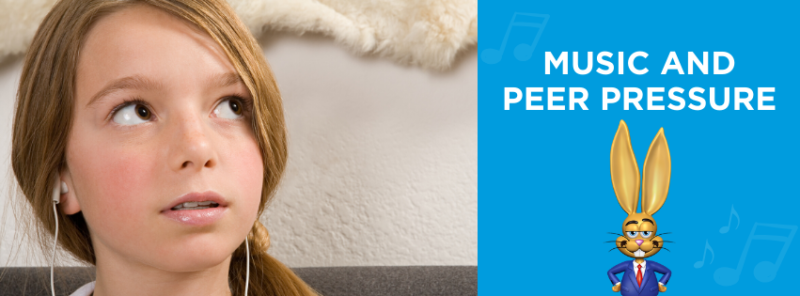By the time children reach their teen years, there are insecurities that are revealed by a glimpse into these adolescent’s minds when they listen to music.
Brain scans have shown that teenagers’ music choices have less to do with whether they like what they are hearing and are instead more about their fear of not conforming with their peers.
The study (that was conducted on teenagers listening to songs on social networking sites) suggests that they will change their mind about music once they realize that the tracks are popular with other people their age.
Brains show discrepancy.
If their musical preferences do not match those of others, their brains show it.
Youngsters aged 12 to 17 were played a track and asked to rate how much they liked it.
After one interval, they were asked to rate it again. Some had seen a popularity rating based on how many times the track had been downloaded, but the others had no knowledge of whether others liked it. The ratings changed 12% of the time.
When they found out that a tune was a hit, however, the subjects changed their ratings 22% of the time, and more than three-quarters switched in the direction of the song’s popularity rating.
Change caused by fear.
The first time that they heard a song, brain scans revealed, regions associated with reward and pleasure were activated. When they heard it the 2nd time, the regions associated with anxiety and pain would light up. This suggests that fear made the change happen.
By adapting to social norms, children learn to avoid teasing and rejection. This doesn’t stop when they grow into adulthood. Even as adults, we care about what people think and fall under the influence of peer pressure.







